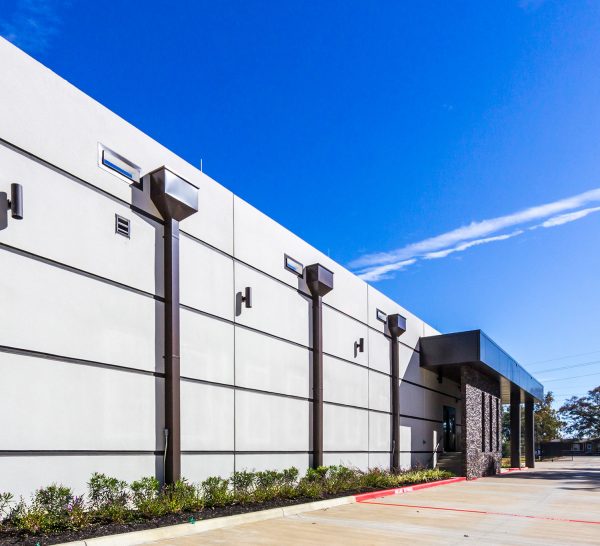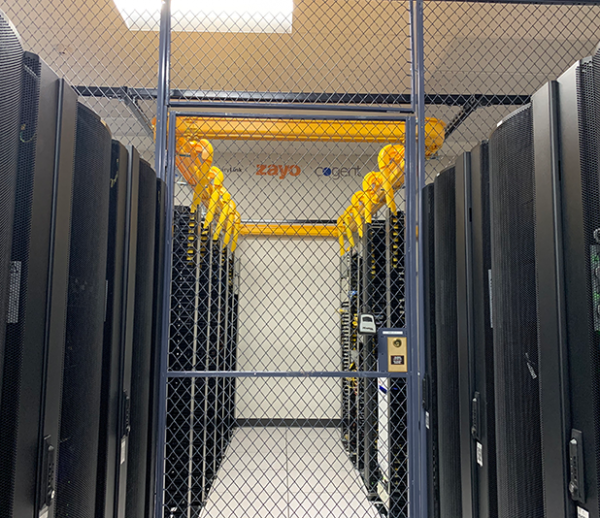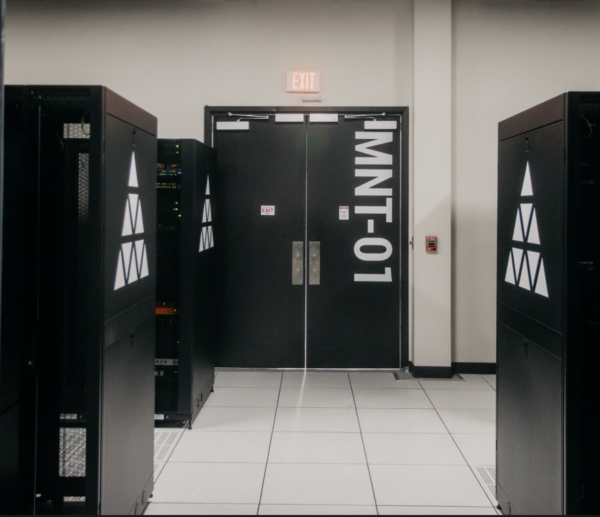In the world of constant uptime and an ever-growing IoT, it’s never been more important to think about how and where you access your data. Onsite servers and private cloud hosting have been the way businesses have been doing things for many years, but colocation is becoming the way forward. In this article, we’re going to take a look at what it is, why it matters, and the benefits it offers your business.
What is colocation?
Simply put, colocation is where you rent space in the data center of an external provider. They provide the infrastructure, you pass your data to it, and you have the peace of mind that everything is taken care of. So, why is it making such an impact, and why is it so important? To answer these questions, we have to take a look at each of the benefits in turn.
Reducing cost
Cost is one of the major factors that’s driving the shift to colocation data centers. Because you can make use of economies of scale without having to have the same level of scale within your organization, you can reduce costs immediately. That has the benefit of opening up the latest data storage infrastructure to small and medium-sized businesses who would struggle to access it before. Just what you want to see when it’s time to democratize the access to information storage.
Tackling latency
Latency is a key issue many businesses, solutions providers, and online services face. Even a small increase in latency can have a significant impact on overall productivity and the quality of output produced. This, in turn, reduces the value of the service being provided. That then makes it harder to access higher level, more expensive resources. For this reason, latency is an issue that’s right at the heart of contemporary data management considerations.
Colocation allows a more flexible and adaptable approach to data storage. By being able to push data to the edge of the network and process it nearer to the end-user, you can significantly reduce latency. That then allows for a faster experience, which attracts more users, opening the door to further economies of scale.
Unlocking scalability
Scalability follows naturally from the previous point. By being able to increase the level of storage and bandwidth you have access to without having to embark on a time-consuming procurement process, you can scale much faster. That is particularly important for startups that want to keep their operations lean and their processes agile in the early days of capturing marketshare.
By making use of offsite experience and expertise, businesses can gain access to the scalable solutions that would take years to build if they were developed in house.
Enhancing data security
Colocation offers the same level of data security and protection as a conventional external data center. That allows you to work with the peace of mind that everything is being taken care of while saving on spend.
Having an in-house server with a dedicated technician can often prove significantly more costly than outsourcing to a colocation center, like our colocation in Houston. It also has the added advantage of granting you access to the skills and experience of an entire team. Malware sweeps, downtime minimization, proactive updates, and testing, as well as problem-solving, will all be included as standard with the colocation model. Each of these will ensure you maximize the reliability and usability of your service, no matter how fast it grows.
Improving uptime and reliability
Uptime is a business-critical metric in just about every corner of the online world. With just a few well-reported instances of downtime, BlackBerry went from a brand known for reliability and security, to one which faded faster than it arrived. That is testament to just how much stock users place in uptime and why the colocation approach has never been more important to consider.
Because of the inherent advantages of outsourcing this key function to an offsite team, an organization can maximize uptime while simultaneously reducing spend and resource consumption. Two things which are often in short supply, particularly in the early stages of deployment and ongoing development.
Onsite security
As well as digital security, colocation facilities will also be able to offer the latest in onsite security. Whereas your onsite server will be housed in your building, a dedicated colocation center offers everything the server bank needs.
Whether it be HVAC, onsite security to restrict access accordingly, or just a specially structured and designed environment, a colocation center becomes the natural choice. By moving your operation to a dedicated facility, you can make use of the optimized infrastructure in an affordable way. It will provide security, improved performance, and better access restriction than your onsite solution ever could. Just what you need when you want to build your organization on a robust and reliable technical foundation.
Reduced capital spend
Another key consideration is the reduction in capital spend that a colocation center offers. This is particularly beneficial to businesses who are in their infancy, and those undergoing rapid growth.
New businesses can often be operating on highly lean budgets that require a great amount of agility to make work. By renting space on existing infrastructure, rather than investing in your own and building from the ground up, you can reduce the need for any large initial outlays.
The same is true of businesses that are currently undergoing rapid growth. The need to be first is so crucial in the digital age that businesses will often run at a loss and be kept afloat by funding rounds as they seek to amass marketshare. The faster they can do this, the greater foothold they will gain in their industry, and with that comes brand recognition and value. Renting space in a scalable colocation center allows organizations to accelerate their data usage quickly.
Final Thoughts
Colocation offers a flexible, adaptable, accessible, and affordable way for a business to grow without sacrificing the experience of the end-user. By shaping the network to reduce latency, cost, and overheads, organizations can access new infrastructure while accelerating growth.
—
Take a look at our Houston Colocation page for more information about our Colocation services.







